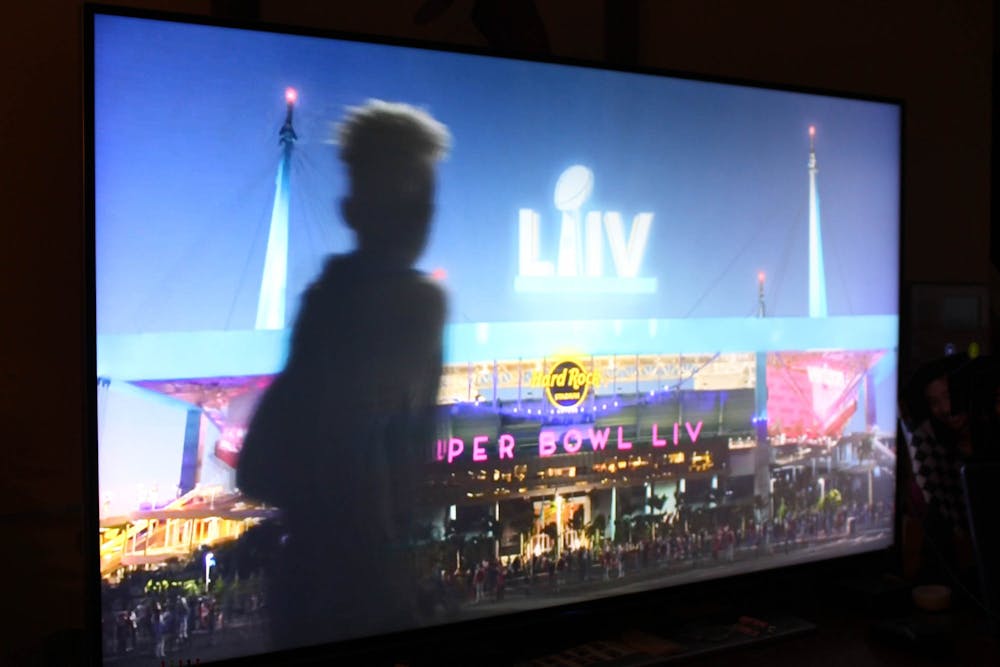With commercials costing over $5 million each and reaching an audience of about 100 million people, having an advertisement at the Super Bowl is a big deal. But in the midst of a pandemic, some major companies who typically spend millions on advertisements will direct their dollars toward causes they believe serve the greater population.
For the first time in 37 years, Budweiser decided not to air its advertisement during the Super Bowl, instead shifting its focus to promote COVID-19 vaccine distribution and awareness efforts.
Budweiser taking the bench on running a commercial has made national headlines. And it's leading Americans to consider the ethics of running advertisements promoting normal life to sell products when the pandemic is still persisting.
Deb Aikat, an associate professor in the Hussman School of Journalism and Media, believes the ethics of the situation are complicated — but he said they can be broken down into three ideas:
- Companies want to create a sense of normalcy in a world full of chaos
- Companies drop out every year, making Budweiser’s decision shocking, but not out of the ordinary
- The spirit of America is to move on
Aikat said that his thoughts on why more companies might not follow Budweiser’s choice are based on the current American thought process.
“If you're going to sulk all day and say, ‘Oh, we are in a pandemic, we aren’t going to do anything,’ that's not American,” Aikat said. “If you have that American spirit of working hard and trying to overcome it all, and trying to be very optimistic that we have a better future ahead, that's what I'm seeing with this.”
John Sweeney, a professor of sports communication and advertising in the Hussman School, said he thinks that even if companies were to turn their advertisements to a public service approach, the consumers would not react positively.
“There was another time when a group of advertisers — because of what was going on in our society — withheld commercials, and the reaction to that was negative,” Sweeney said. “It's like the average consumer was like, ‘Things are not very good right now, can't we have our entertainment and can't you leave our entertainment as entertainment?’”




